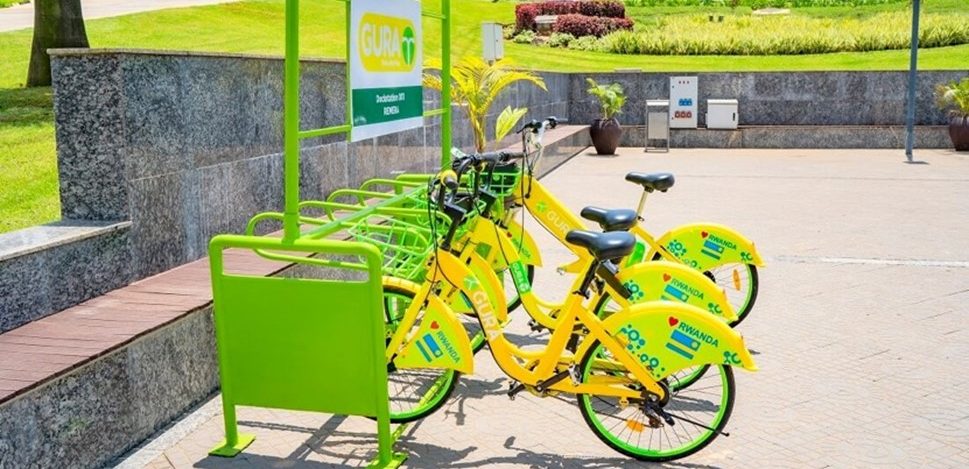
Rwanda: inclusive and electric last mile connectivity study
Case Study
The Challenge
In order to support the initiatives from Government of Rwanda (GoR) and the City of Kigali (CoK) on the development of electric mobility in the country, the World Bank launched a study for the provision of additional technical support in Electric Last Mile Connectivity (ELMC).
The early market emergence of e-motos (small electric motorbike taxis) and e-bikes represents a major opportunity for the City to address equitability and accessibility challenges within transport. Electric micro-mobility represents a solution for citizens living in areas with poor access to the public transport network.
There is a need to understand how to support the switch over to e-motos in the city, how other forms of electric micromobility may support connectivity in Kigali, and how to address inequity in access to transport for different groups such as the elderly, women with children, young people on low income, and the disabled.
The Development
The study undertook a comprehensive analysis of electric last mile connectivity options as part of an inclusive and integrated public transport system for Kigali. It identified viable business models using ELMC alternatives for private and public sector players.
This required an in-depth analysis of the existing situation, the passenger preferences, the market for ELMC options, the electricity supply and distribution, and the suitability of institutional and regulatory framework to foster EV adoption.
The combined findings of the study provided a set of viable models, potential pilots schemes, and recommendations for the World Bank to further support the expansion of electric mobility in Kigali.
The project utilised expertise from across Cenex’s Transport and ESI teams:
- The Mobility and Human Insights team supported the collection and analysis of survey data and focus groups with residents in Kigali, and industry and Government stakeholders—as well as providing expertise on transport exclusion.
- The Mobility and Strategy team undertook an assessment on the viability of various ELMC options, and collaborated on the business case assessment and recommendations for promotion and regulation.
- The Energy Infrastructure Strategy team assessed the power requirements and challenges for developing electric micromobility in Kigali and Rwanda.
The Result
The study found that there are numerous potential benefits associated with supporting the switch to e-motos in Kigali including better air quality, improving connectivity, and reducing total cost of ownership.
We found that both e-motos and e-3 wheelers are cost competitive with internal combustion engine vehicles and are equally capable of tackling Kigali’s challenging terrain.
Post-study, the city of Kigali has continued their ambitious role out of e-motos and e-bike sharing schemes as they look to continue their journey towards decarbonising transport in Rwanda.

